Oil patches are the main reason of the birds’ death
Published:
10 August 2000 y., Thursday
Azerbaijan is one of the unique ornithological regions of the world. Almost 10 millions of water-marsh birds migrate along the coast of Caspian Sea flying over territory of Azerbaijan. Hundred thousands birds annually build their nests on the islands of the Caspian sea, along its coast on water-marsh lands. But this frequently ends with tragedy …
In 1945 the case of mass death of birds in the sea was marked. Then flood of petroleum from an oil pipeline conducting to island Pirallahi, has brought 35 thousand ducks and bald-coots to death, and an oil patch "has traveled" from a northeast coast of Apsheron up to a gulf Sangachalskij. Now on the coast of this gulf the largest petroleum terminal is build, 175 kilometers long underwater oil pipeline conducts to it at a bottom of Caspian sea; from it two export oil pipelines to the west and the north diverge.
Birds are the most sensitive to petroleum pollution. If the bird gets in an oil patch, it practically has no chances to survive. In whole the world cases of death of hundreds thousands of birds are known - and this was a result of flood of petroleum only. So it happened in 1956 in an estuary of Elba - then half-million of birds died! During the years 1970-80 400 thousand of birds perished annually because of the floods of petroleum in Northern Atlantic. Unfortunately, in Azerbaijan such statistics is not recorded.
The problem of monitoring has the international aspect since birds wintering in Azerbaijan build their nests in Russia and Kazakhstan, and those birds, which build their nests in Azerbaijan winter in the countries of Africa and Near East.
Already now the oil production in the sea by Azerbaijan International Operational Company (AIOC) approaches to 5 million tons per year. In spite of the fact that AIOC has done much for gathering the preliminary data on resources of water-marsh birds in the areas of production and transportation of petroleum, the programs on monitoring the birds, which were presented several years ago, were not realized.
Consequences of the break of a huge 175 kilometers long oil pipeline would be awful. The tankers transporting the Kazakhstan petroleum through Caspian Sea endanger, too. This must not be forgotten. And the accident when because of the recent destruction of the English tanker in English Channel thousands of sea birds perished may serve as the sad example. Emergency measures were taken; it has been tried to rescue the birds by the way of cleaning them of petroleum. But the stress developing during similar operations has practically led to naught all the efforts of scientists and enthusiasts.
Today the situation has reached a critical level. It is necessary to begin all the needed researches in the Caspian Sea and to develop the project on birds and animals protection immediately.
Copying, publishing, announcing any information from the News.lt portal without written permission of News.lt editorial office is prohibited.
The most popular articles
 South Korean scientists claim they have created a glowing dog using a cloning technique that could help find cures for human diseases.
more »
South Korean scientists claim they have created a glowing dog using a cloning technique that could help find cures for human diseases.
more »
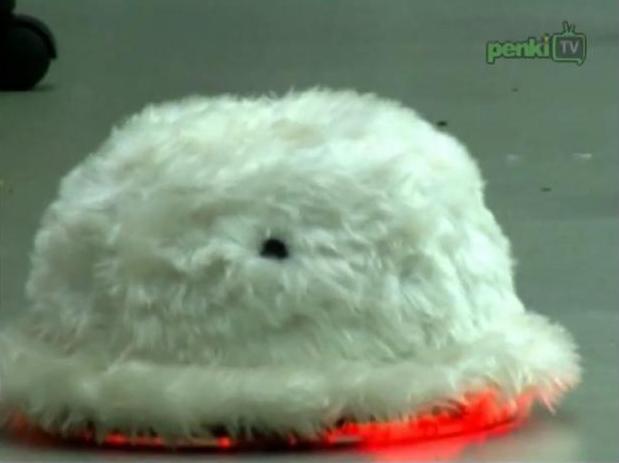 A researcher at the National University of Singapore is attempting to develop a robot that has the ability to love like a human being.
more »
A researcher at the National University of Singapore is attempting to develop a robot that has the ability to love like a human being.
more »
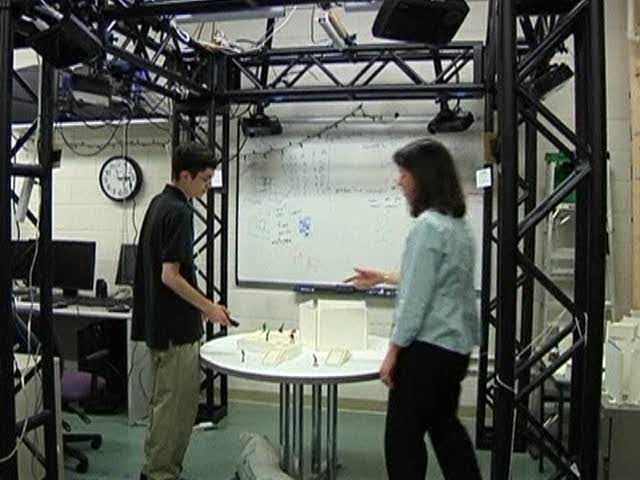 Move over virtual reality, researchers at Rensselear Polytechnic Institute are taking spatially augmented reality to the next level with "dynamic projection surfaces." The system moves projected images out into the real world, enabling multiple users to interact with their physical and virtual environments simultaneously.
more »
Move over virtual reality, researchers at Rensselear Polytechnic Institute are taking spatially augmented reality to the next level with "dynamic projection surfaces." The system moves projected images out into the real world, enabling multiple users to interact with their physical and virtual environments simultaneously.
more »
 Liquid Robotics has launched remote controlled robots, called Wave Gliders, which traverse across oceans and collect oceanographic data.
more »
Liquid Robotics has launched remote controlled robots, called Wave Gliders, which traverse across oceans and collect oceanographic data.
more »
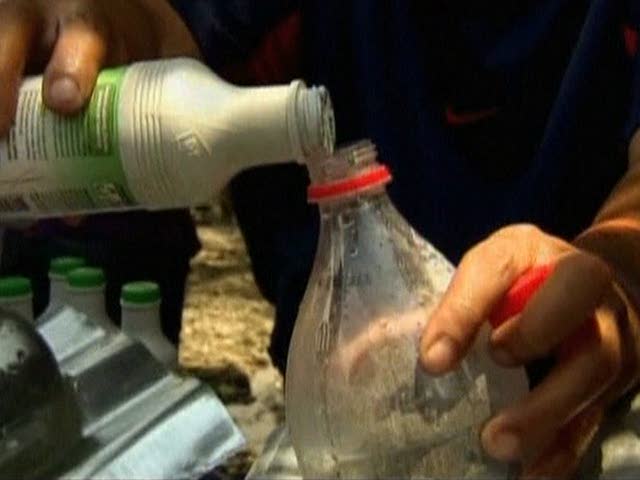 A bottled liter of water with a few teaspoons of bleach is proving to be a successful recipe for shanty dwellers in light-deprived slums of the Philippines.
more »
A bottled liter of water with a few teaspoons of bleach is proving to be a successful recipe for shanty dwellers in light-deprived slums of the Philippines.
more »
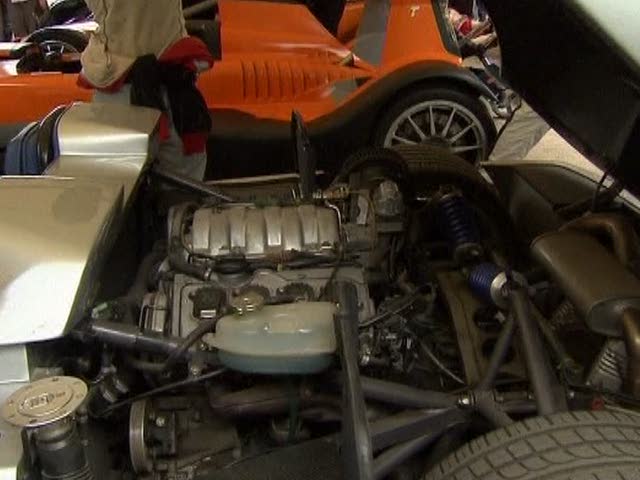 The Covini six wheeled supercar is turning plenty of heads as it tours the world ahead of a 2012 launch.
more »
The Covini six wheeled supercar is turning plenty of heads as it tours the world ahead of a 2012 launch.
more »
 A new, three-dimensional map with a bird's eye view of New York City is showing residents the solar energy potential of their city, the largest in the United States.
more »
A new, three-dimensional map with a bird's eye view of New York City is showing residents the solar energy potential of their city, the largest in the United States.
more »
 Robots might be genius at chess but can they work together to make a typical Bavarian breakfast? Scientists at Munich Technical University have created 'roommate' robots that can learn from experience and understand the consequences of their actions.
more »
Robots might be genius at chess but can they work together to make a typical Bavarian breakfast? Scientists at Munich Technical University have created 'roommate' robots that can learn from experience and understand the consequences of their actions.
more »
 The Vatican is leaping into the world of new media with the introduction this week of a news information portal that Pope Benedict XVI himself may put online with a click.
more »
The Vatican is leaping into the world of new media with the introduction this week of a news information portal that Pope Benedict XVI himself may put online with a click.
more »
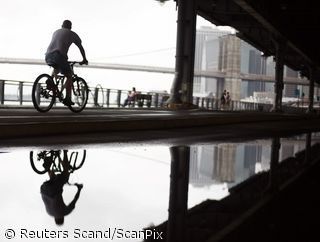 A man has tracked down his stolen bike after he put pictures of the thief on the social networking site Facebook.
more »
A man has tracked down his stolen bike after he put pictures of the thief on the social networking site Facebook.
more »